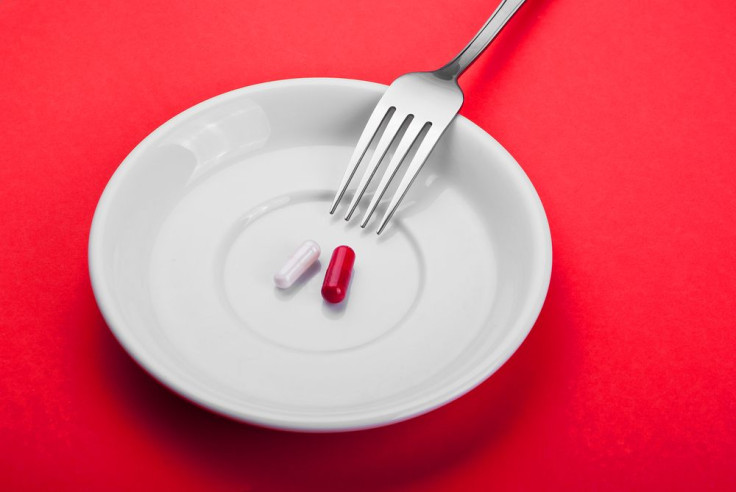Taking Tuberculosis Meds After A Meal Might Worsen Their Effectiveness

There are several drugs that, along with being dose-dependent, are also time-dependent, meaning that taking them at the wrong time could reduce their effectiveness or cause adverse side effects. Some of these drugs, used for treating tuberculosis (TB), might not always be effective if it's taken on a full stomach.
That's the conclusion a study, to be presented at the European Respiratory Society International Congreess on Sunday, arrived at after delving into the effects of eating food just before taking the drug. The study was conducted on 20 patients who had recently been diagnosed with TB, and who were about to start treatment for the first time. They were given the usual course of TB drugs, including isoniazid, rifampicin, pyrazinamide, and ethambutol. The drugs were administered by injection on the first day, and given orally on the second and third days. The patients were split into a fasting group and a group that ate a meal high in carbohydrates.
Blood samples from each patient were then analyzed using a method called liquid chromatography tandem-mass spectrometry. It's an analytical chemistry technique that's highly sensitive, and is often used in pharmacokinetics. With it, the researchers were able to separate the samples to get information about the chemicals inside. It allowed them to assess concentration levels of the drug, and the unchanged components of the drug that reached circulation in the blood.
The researchers then took more blood samples after switching the groups — people who ate food were now asked to fast and vice versa. They found there were lower concentrations of isoniazid, rifampicin, and pyrazinamide in the blood when the drugs were given with a high-carb meal compared to when they were given to a person who ate nothing. This suggests that ingesting drugs after a meal high in carbohydrates drastically reduces the effectiveness of the meds.
"As the research was conducted in the same people and the same environment, the only variable was the meals and we therefore know that food can have an impact on the concentration of the drugs in the blood," said Dr. Antonia Morita Iswari, lead author of the study from the Universitas Gadjah Mada in Indonesia, in a statement. "The findings may have significant implications for clinical practice as we must ensure that patients are taking the drugs in the correct way to be as effective as possible."
According to the World Health Organization, TB is a highly contagious infection of the luncgs caused by Mycobacterium tuberculosis. It's a completely curable disease, and preventable as well. Improved medications have led to a 45 percent reduction in cases since 1990, although inappropriate use of them can also lead to a drug-resistant form of the bacterial infection.
Source: Iswari M et al. Mycobacterium tuberculosis infection: new therapeutic approaches. European Respiratory Society International Congress. 2014.
Published by Medicaldaily.com



























